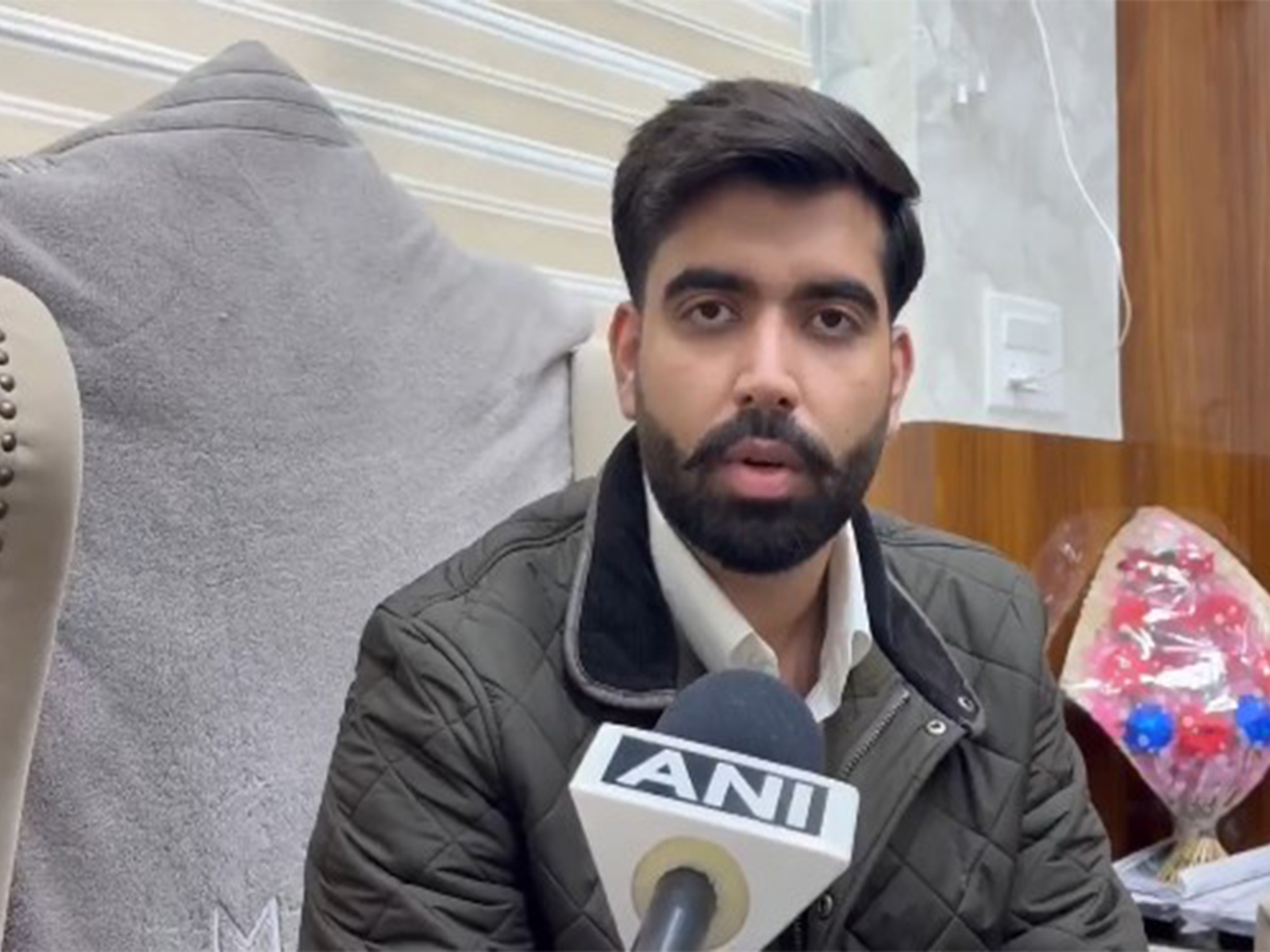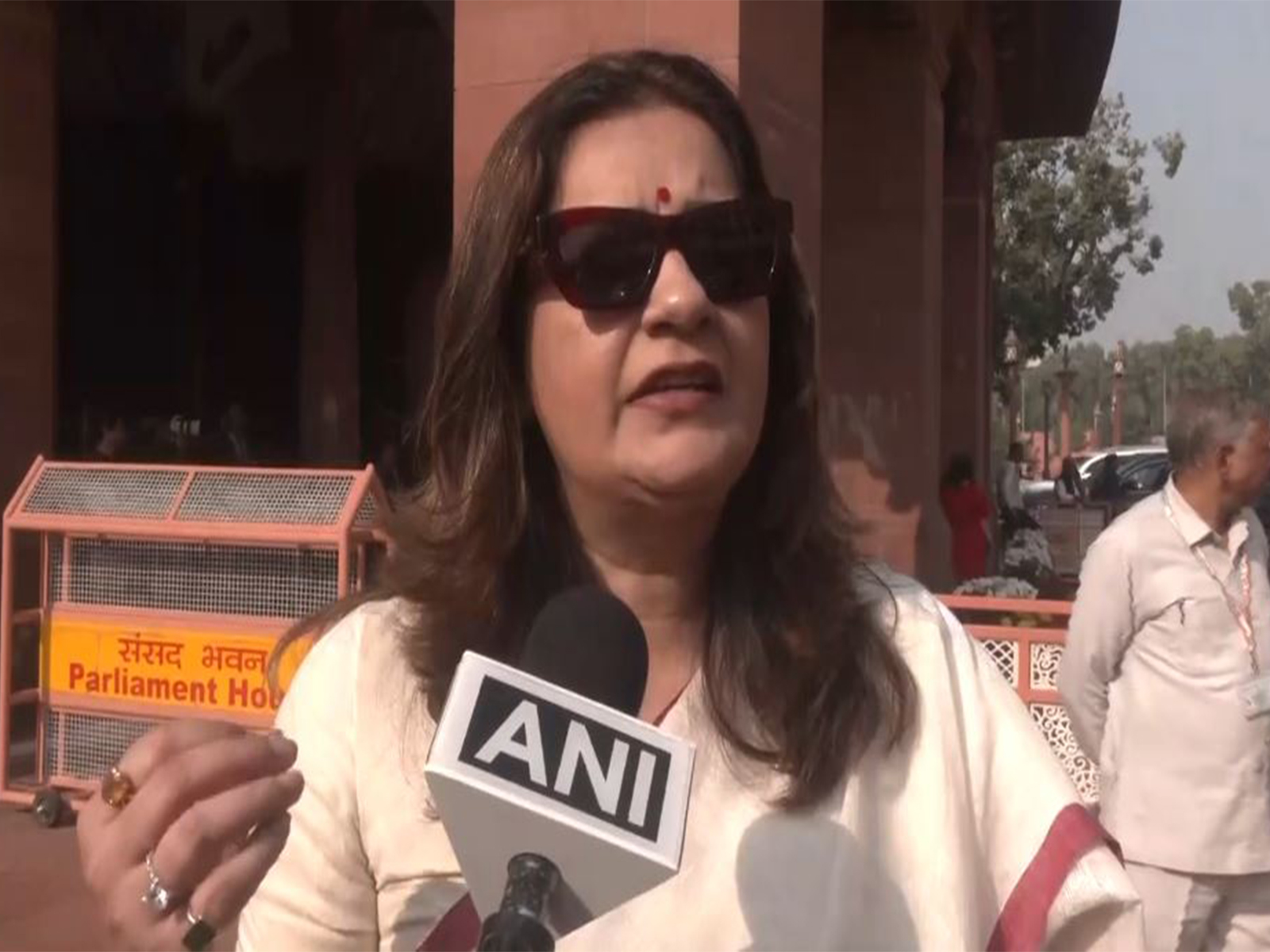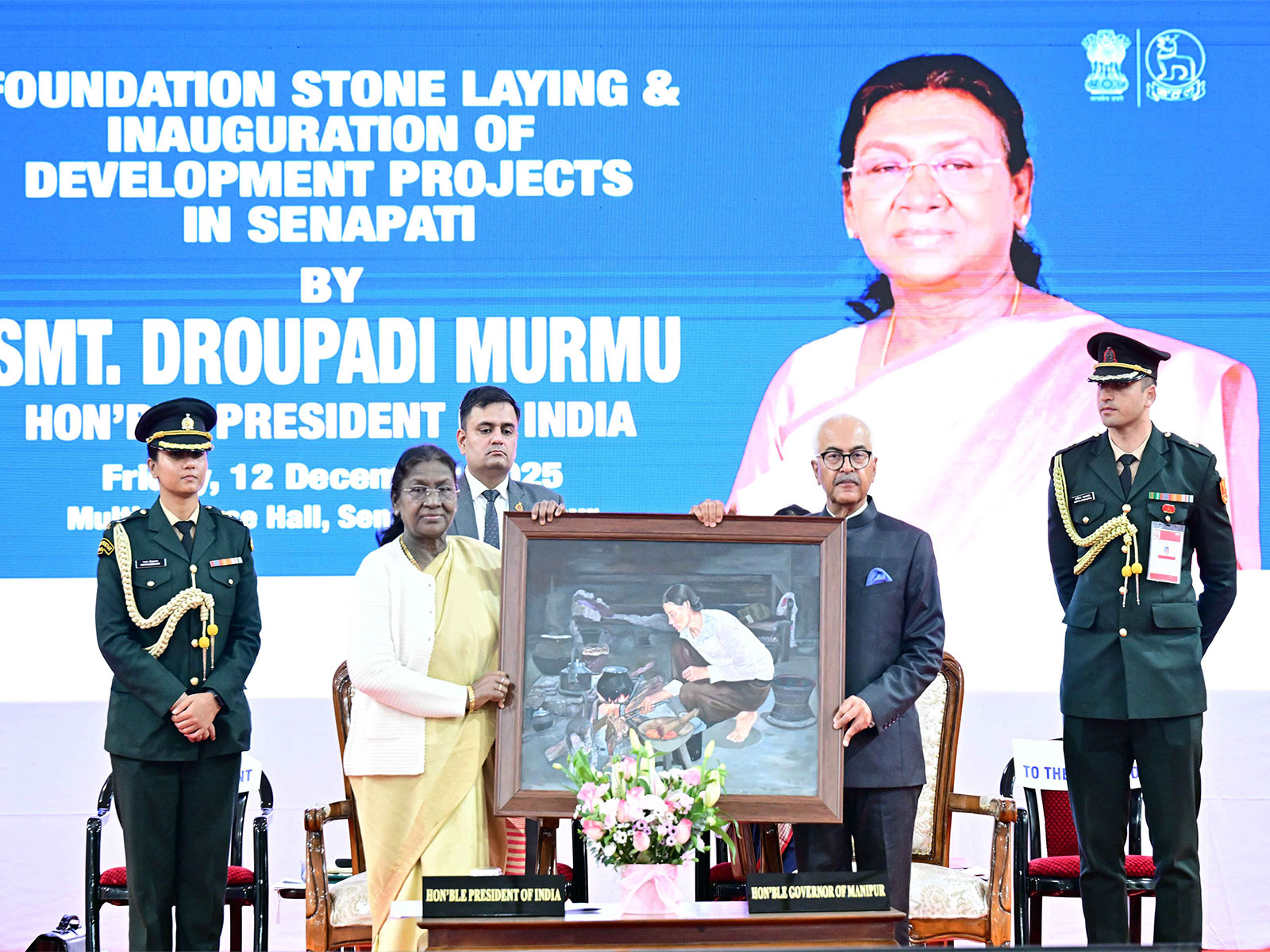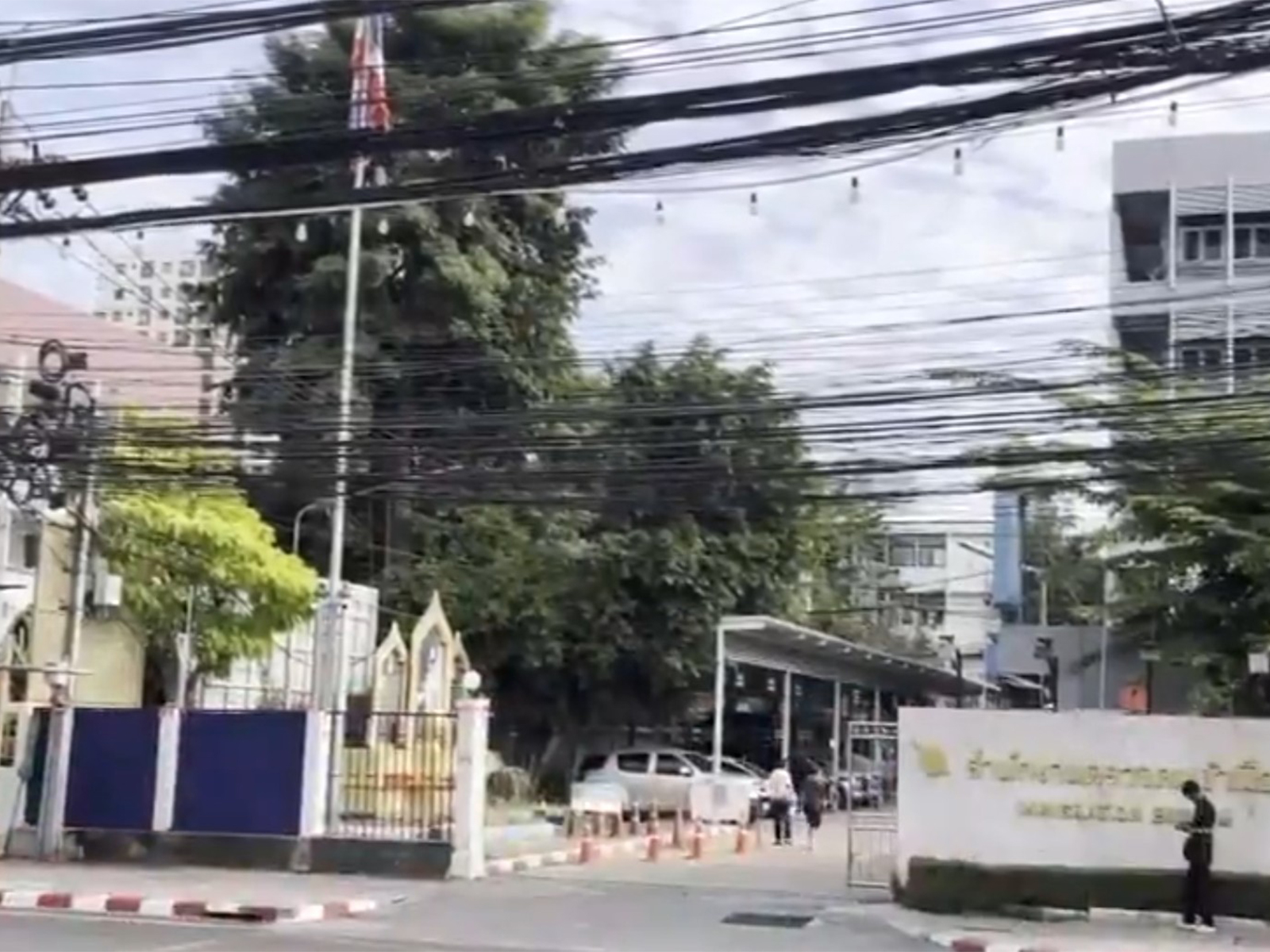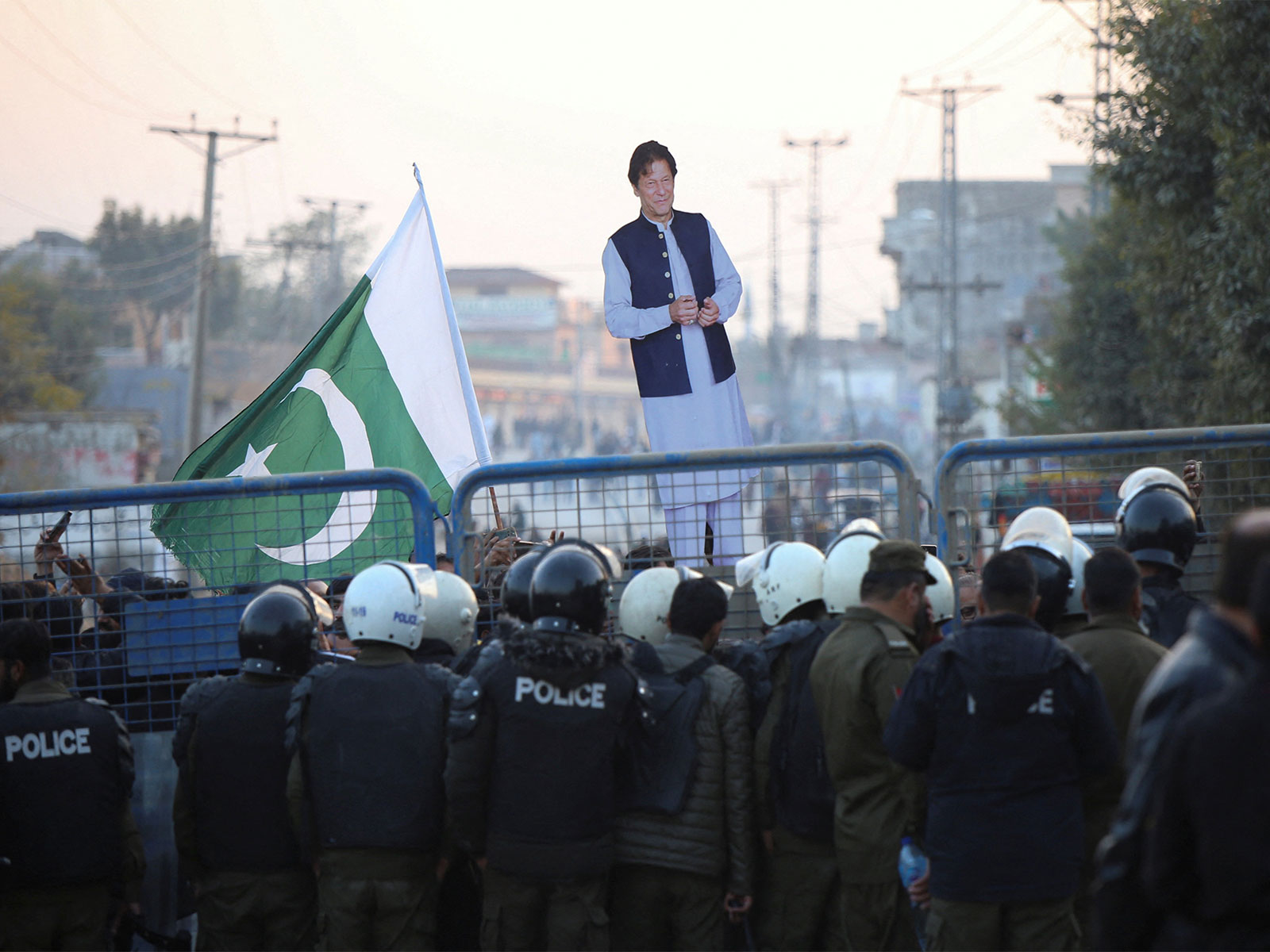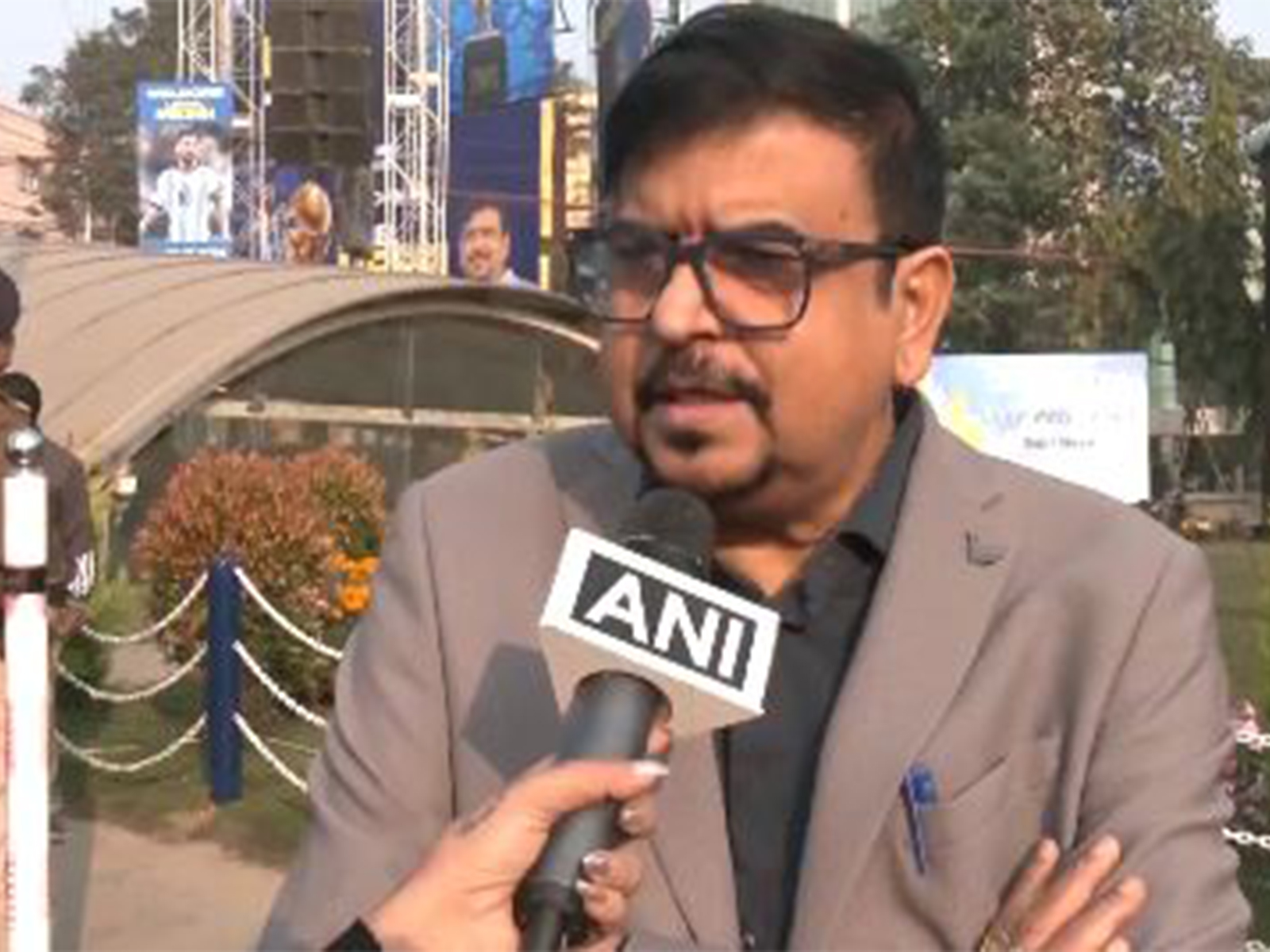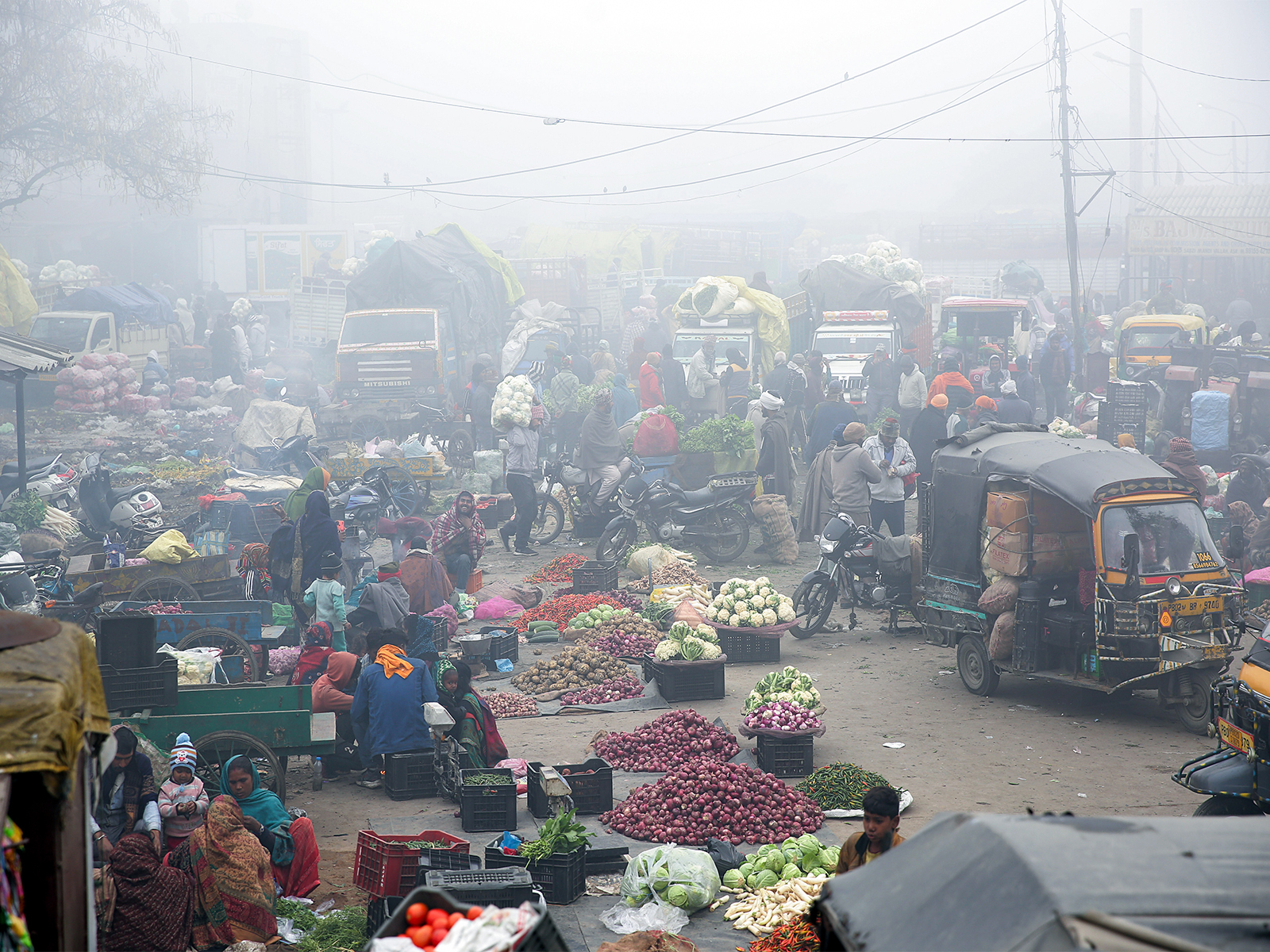"Digital health is very important now...": Bharat Biotech Executive Chairman Dr Krishna Ella at G20 Health Working Group Meet
Jun 06, 2023

Hyderabad (Telangana) [India], June 6 : The Executive Chairman of Bharat Biotech, Dr Krishna Ella on Tuesday highlighted the Government of India's emphasis on digital health at the G20 third Health Working Group Meeting in Telangana's Hyderabad.
Speaking on the importance of health to ANI, Krishna Ella said, "I'm happy that we are having G20 in Hyderabad. Number one, the government of India is talking about digital health and everybody is now agreeing digital health is very important. Our Prime Minister's vision to have digital health is coming to shape in the G20."
National Digital Health Mission (NDHM) builds the fundamental and typical digital building blocks needed for healthcare, making them accessible to the public and commercial ecosystem as digital public goods.
The NDHM was announced by PM Modi, on the 74th Independence Day. The main objective of the NDHM was to create an integrated healthcare system that links practitioners with patients through digital media and gives them real-time health updates.
"Number two, we have shown in the vaccine what we can do as a vaccine company or as a vaccine country we can contribute to the globe. And also we have a containment facility. We are shown that we have all the capabilities of doing anything in the future pandemic," he added.
"We are collaborating within the country. We are doing clinical trials in Colombia, Guatemala, Chile, Thailand, the Philippines and India. So I think we are getting into slowly expanding clinical trials in various countries. We are not a generic company. We are innovating and doing the clinical trial in various parts of the world. I think that's a significant contribution that we are creating for the country and for future innovation," Dr Krishna Ella further remarked.
Meanwhile, the Country Head, Country Director - India, Director of South Asia, PATH, Neeraj Jain emphasized the role of India's presidency.
While talking to ANI, Neeraj Jain said, "It has just been fantastic two days. Very exhausted, but really good conversations. It's great to see the India presidency leading on the whole medical countermeasures as well as digital health. So two big areas of work. Very important for the next pandemic and very important to bring equity into health. Thank you, India."
On Monday, Union Minister of State for Chemicals and Fertilizers, Bhagwant Khuba delivered the inaugural address at a side event of the third G20 Health Working Group Meeting, titled, "Strengthening Global Collaboration Network on Research and Development in Medical Countermeasures (Diagnostics, Vaccines and Therapeutics) with a focus on Future Health Emergencies".
He was also joined by Dr VK Paul, Member (Health), NITI Aayog.
The purpose of the event was to reinforce the second priority of India's G20 Presidency, which is to strengthen cooperation in the pharmaceutical sector with a focus on access and availability of quality, effective, safe, and affordable medical countermeasures (MCM).
Given the importance of focusing equally on each component of the Vaccine, Therapeutics, and Diagnostics (VTD) value chains, India's G20 Presidency has been discussing how to coordinate the various aspects of the upstream and downstream facets of the MCM ecosystem.
Addressing the gathering, Khuba emphasized the need to strengthen existing health architectures and be better prepared for responding to recurring outbreaks and future pandemics. He said that "countries worldwide have come to realize the importance of research and development collaboration in providing novel solutions to emerging health challenges."
He stated that collaborative research enables the pooling of expertise and resources from multiple disciplines and institutions, leading to a more comprehensive understanding of diseases and the development of more effective VTDs.
He said, "Engaging with global health organizations and stakeholders for research and development collaboration would facilitate coordinated resource allocation, ensuring that resources such as funding, medical supplies, personnel, and information are distributed effectively and efficiently. By aligning priorities, duplication of efforts can be minimized, and resources can be directed to areas and populations most in need".
